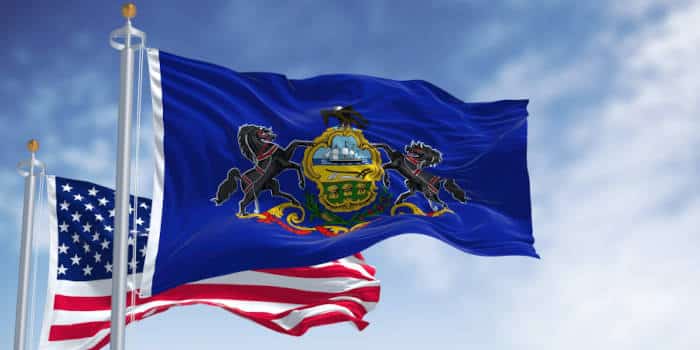The Pennsylvania Gaming Control Board relied on a “good character” requirement to reject license applications from business owners involved in skill gaming

The Pennsylvania Supreme Court has decided that companies involved in the skill gaming industry should not lose their chance to get video gaming terminal (VGT) licenses because of worries about their character. This ruling goes against the Pennsylvania Gaming Control Board’s (PGCB) earlier position that taking part in skill gaming was enough to disqualify a business.
PA Supreme Court Overrules PGCB’s License Denials, Questions ‘Good Character’ Clause
The PGCB used a “good character” rule to turn down license requests from business owners who ran skill games. The board claimed these games were against the law. However, the Supreme Court decided the board’s reasoning did not hold up. The judges stressed that because the Board is not sure if skill games are legal or not, it should not assume that businesses running them lack honesty.
Justice David Wecht, speaking on behalf of the majority, pointed out that thousands of people in Pennsylvania run skill games, thinking they are following the law. This belief has grown stronger because of past court decisions and promises from the game makers. Wecht said it was not fair to punish these business owners without more proof they did something wrong.
Even though the Supreme Court ruled against the PGCB’s automatic license denials, it did not order licenses to be given out. Instead, the justices told the board to take another look at applications without using the character clause as a blanket reason to disqualify. The Board can still consider other details related to licensing requirements.
Skill Games Face Uncertain Future Despite Court Victory, Tax and Legal Debates Continue
The court’s decision comes in the middle of a legal fight about whether skill games are gambling or a valid form of entertainment. In another case, the Supreme Court will decide if skill games are legal after a lower court said they were okay in 2023. This case started in 2019 when Pennsylvania State Police took skill machines from a bar in Dauphin County, saying they were illegal games of chance. The difference between skill and chance is still a big part of the legal argument.
The debate about skill games goes beyond just the courts. Governor Josh Shapiro has asked lawmakers to set up rules for the industry and tax the money these machines make. He wants a 52% tax rate, which is close to what casino slot machines pay. The state thinks this tax could bring in about $369 million each year.
Casinos see skill games as competitors without rules, so they keep fighting against laws that would make them legal and regulated. Some lawmakers, though, have suggested lower tax rates, with some as low as 16%, to help the industry stay in business.
Even with the Supreme Court’s decision, the final outcome for skill games in Pennsylvania remains up in the air. Should the court later rule them illegal, all talks about licensing and taxes might become pointless. Right now, skill gaming businesses have scored a big win in court, but the bigger struggle over their future is still ongoing.

